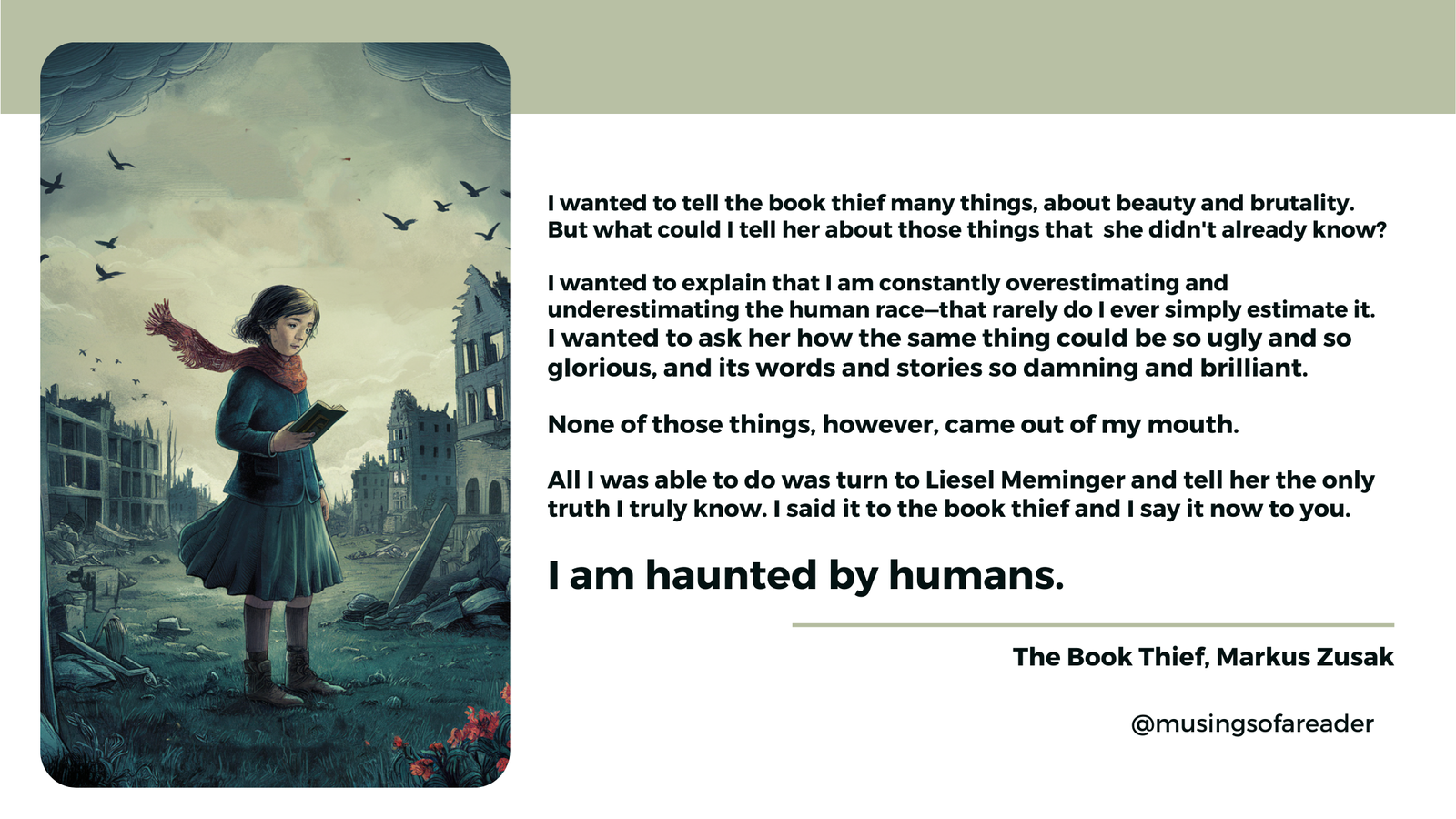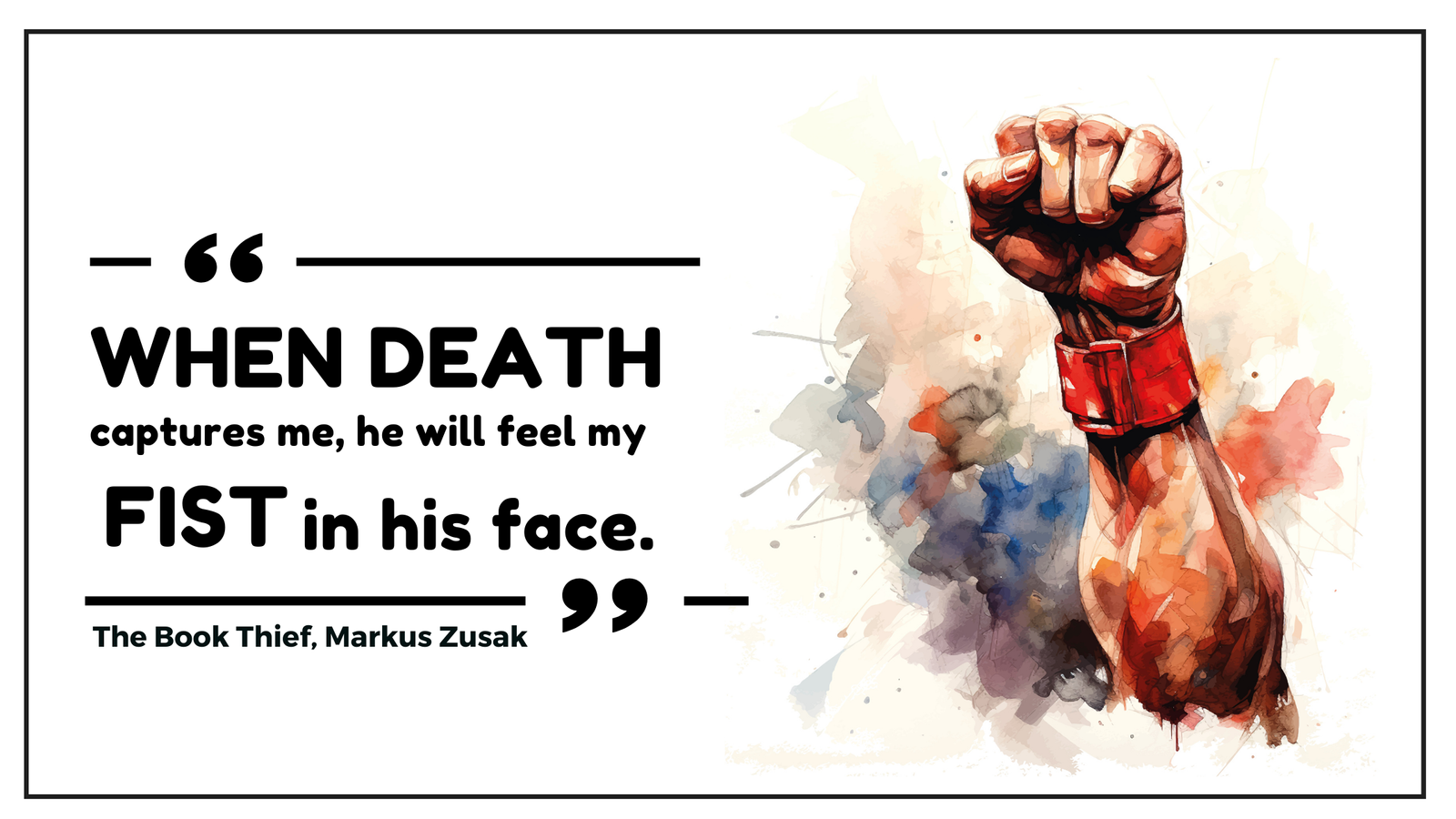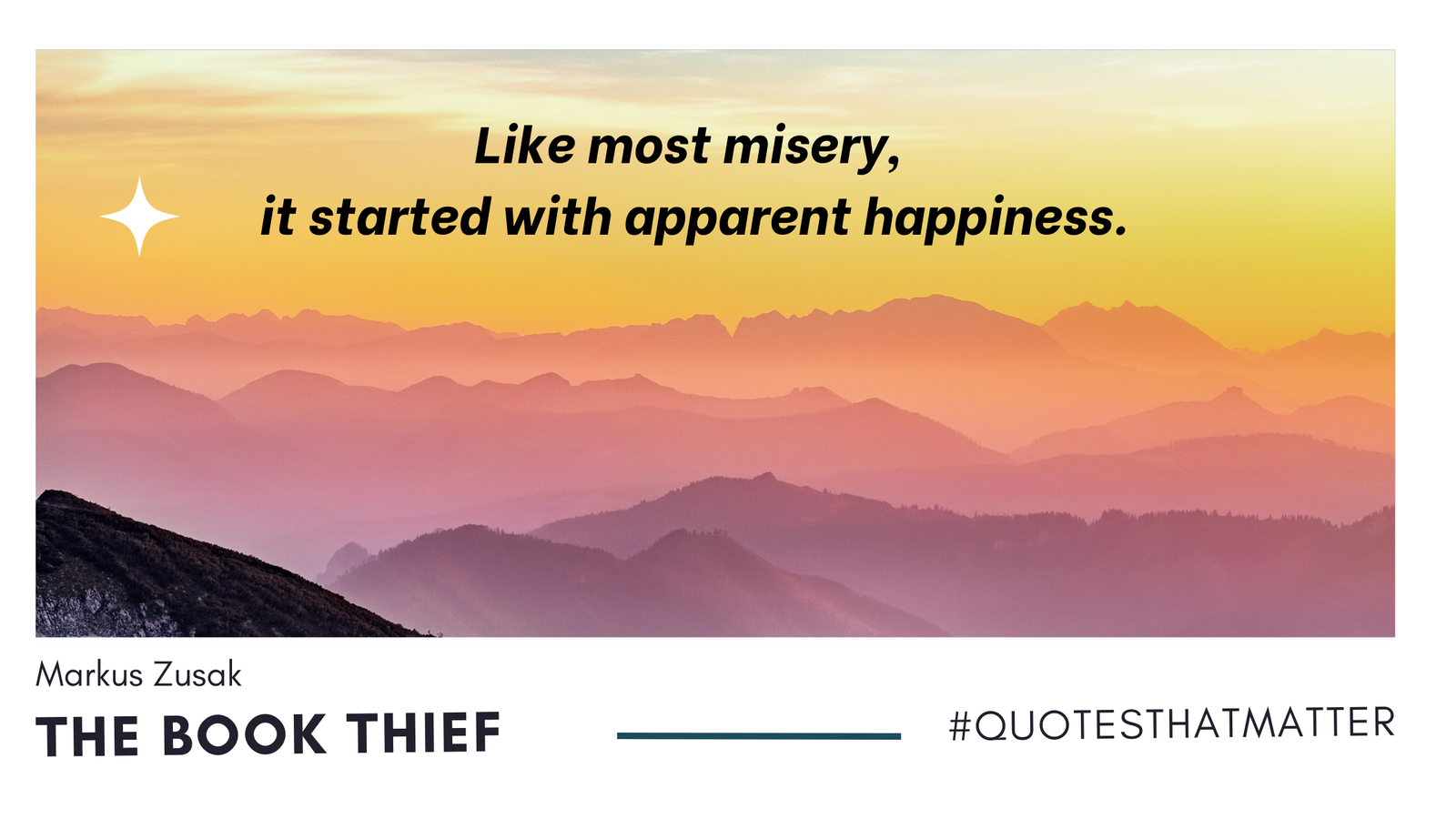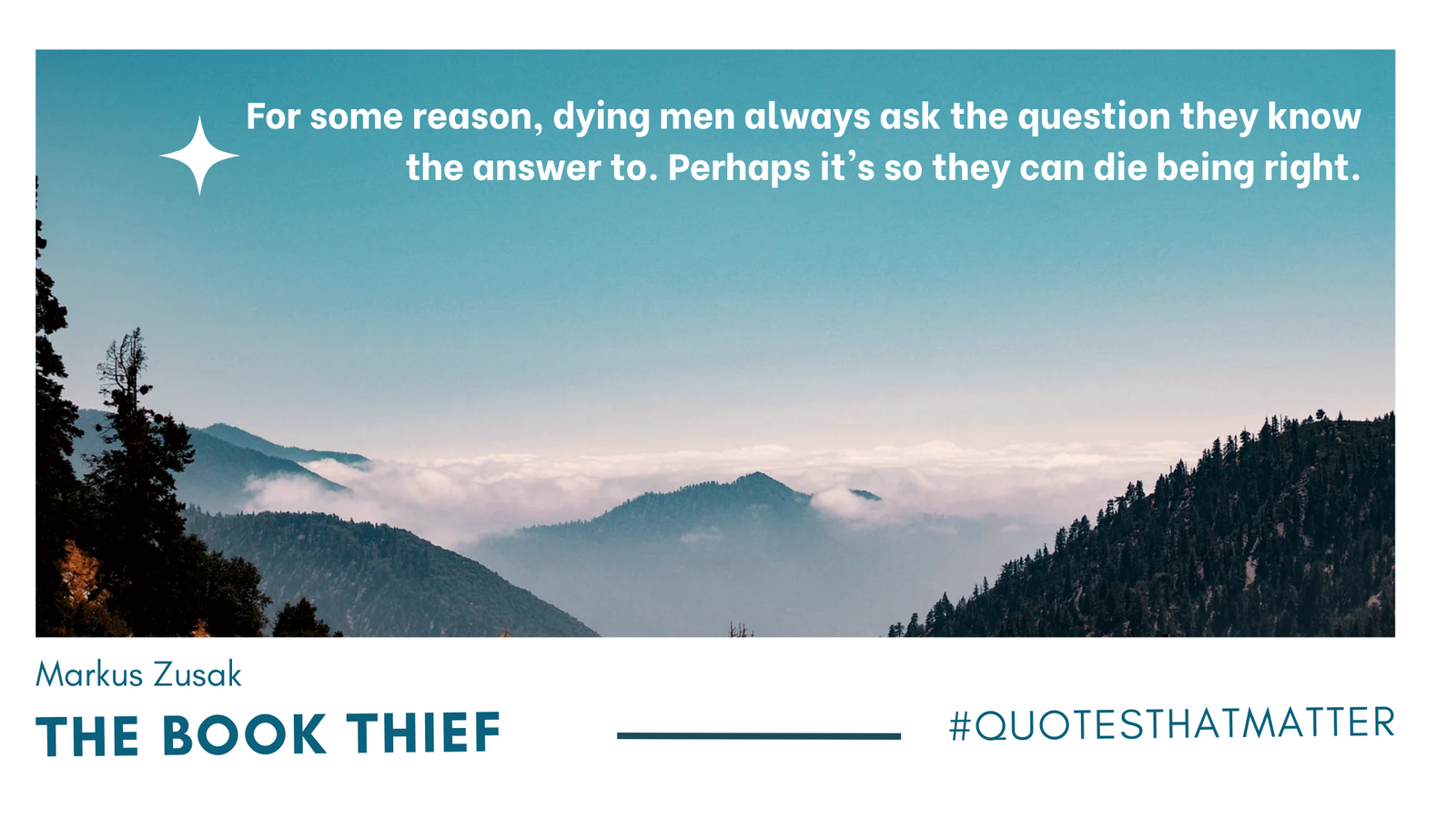“Those souls are always light because more have been put out. More of them have already found their way to other places.” – The Book Thief, Markus Zusak
In The Book Thief by Markus Zusak, Max Vandenburg is a significant character. He embodies resilience, courage, and the human capacity for friendship and sacrifice. Set against the harrowing backdrop of Nazi Germany, his story is one of survival, inner strength, and the transformative power of human connections. This blog article delves into the intricate layers of Max Vandenburg’s character. It examines his physical and emotional characteristics, motives and intentions, core values, and relationships.

Who is Max Vandenburg & What Are His Physical and Emotional Characteristics?
Max Vandenburg is a Jewish man hiding from the Nazis during World War II. He is introduced in the novel as a physically frail and emaciated figure. This is a result of years of hiding and malnourishment. His physical appearance is starkly described: gaunt, sharp features, sunken eyes, and a skeletal frame. The physical toll of his life in hiding and the constant threat of capture are evident in his appearance. He was indeed a man who had endured immense suffering.
Emotionally, Max is a complex and profoundly introspective character. He carries the weight of guilt and survivor’s remorse. This is particularly evident when it comes to the fate of his family. They were not able to escape the Nazis and perished before him. Max’s internal struggle is a significant aspect of his character; he grapples with anger, fear, and helplessness. However, he also possesses an unwavering will to survive and a fierce determination to retain his humanity in the face of dehumanizing circumstances. Max’s emotional depth is further revealed through his interactions with Liesel Meminger, the novel’s protagonist, and his passion for words and stories, which serve as both an escape and a means of understanding his experiences.
What Are His Motives and Intentions?
Max Vandenburg’s primary aim is to survive. As a Jewish man in Nazi Germany, he faces constant threats to his existence. Desperation drives his journey to the Hubermann household, where he seeks refuge from the Nazis. His survival instinct intertwines with a profound sense of guilt and responsibility towards his family, who perished in the Holocaust. Max honors their memory by staying alive, defying the Nazis’ aim to obliterate his people.
Beyond survival, Max’s motives are also deeply tied to his desire for human connection and identity preservation. His relationship with Hans Hubermann, who offers him shelter, is rooted in a shared history and a deep sense of gratitude. Max’s bond with Liesel evolves into a profound friendship, offering him a semblance of normalcy and emotional solace amidst the chaos. Through his interactions with Liesel, Max’s intentions extend to imparting wisdom, sharing stories, and finding mutual healing in their friendship.
Max’s creation of “The Word Shaker,” a story within the novel, manifests his intentions to resist through the power of words and convey the importance of love and hope in the darkest times. His motives and intentions, therefore, reflect a blend of survival, resistance, and the human need for connection and meaning.

What Are His Core Values, Including His Relationships?
Max Vandenburg’s core values are intricately woven into his relationships and actions throughout the novel. These values include resilience, loyalty, and the power of words and friendship.
Resilience is a defining characteristic of Max. Despite the relentless persecution and the physical and emotional toll it takes on him, he remains determined to survive. His resilience is about physical survival and retaining his humanity and identity in a world that seeks to strip him of both.
Loyalty is another fundamental value for Max. His relationship with Hans Hubermann is based on a deep sense of loyalty and gratitude. Hans, who once painted Jewish slurs on Jewish shopfronts and showed kindness to Max’s family, becomes a lifeline for Max. This loyalty extends to Hans’ family, particularly Liesel, with whom Max forms a unique bond. Their friendship is built on mutual understanding, shared stories, and a deep emotional connection. Max’s loyalty to Liesel is evident in his determination to protect her and his gift of “The Word Shaker.” It symbolizes his belief in her and the power of words.
The power of words and stories is central to Max’s values. Stripped of his rights and forced into hiding, words become his means of resistance and maintaining his identity. Max believes in words’ power to provide hope, convey truth, and foster connections. This is aptly depicted in the books he writes and shares with Liesel. “The Standover Man” and “The Word Shaker” testify to this value, offering Liesel comfort and wisdom while asserting his humanity.
What Does Max Vandenburg’s Life Teach Us?

Max Vandenburg’s character teaches us several profound lessons, most notably about resilience, the power of human connection, and the importance of maintaining one’s identity and humanity in the face of adversity.
Firstly, Max’s resilience in the face of immense suffering and danger is a powerful lesson in endurance. His ability to survive physically, emotionally, and spiritually despite the horrors he faces is a testament to the strength of the human spirit. Max shows us that even in the most dire circumstances, finding inner strength and holding on to hope is possible.
Secondly, Max’s relationships, particularly with Liesel, underscore the importance of human connection. His friendship with Liesel provides them emotional support and a sense of belonging. Through their bond, Max teaches us that connections with others can provide solace and meaning even in the darkest times. Their shared love for words and stories highlights the ability of literature to bridge gaps, heal wounds, and foster empathy.
Lastly, Max’s story emphasizes the power of words and storytelling as a form of resistance and a means of preserving one’s identity. In a world that dehumanizes and persecutes him, Max asserts his humanity, shares his experiences, and inspires others through words. His stories, particularly “The Word Shaker,” illustrate the transformative power of language and the importance of narrative in shaping our understanding of ourselves and the world. Through Max, we learn that words can be a powerful tool for resilience, resistance, and connection.
Character Arc of Max Vandenburg
Max Vandenburg’s character arc in “The Book Thief” is a journey of transformation and growth, marked by his struggle for survival, his development of deep relationships, and his use of words as a means of resistance and self-expression.
As Max settles into the Hubermann household, his character begins to evolve. His relationship with Hans Hubermann is a pivotal aspect of this transformation. Hans’ kindness and loyalty give Max a sense of safety and belonging, allowing him to rebuild his strength and regain a sense of purpose slowly. The bond between Max and Liesel is equally transformative. Through their shared love of words and stories, Max finds a way to connect with Liesel and impart important lessons about resilience and hope.
Knowing that his presence endangers them, Max’s decision to leave the Hubermanns’ home is crucial in his character arc. It demonstrates his selflessness and his willingness to sacrifice his safety for the sake of those he cares about. This act of courage and love highlights Max’s growth from a fugitive solely focused on survival to a person capable of profound sacrifice.
In the novel’s final stages, Max’s reunion with Liesel after the war marks the culmination of his character arc. Despite his immense suffering and loss, Max’s survival and continued bond with Liesel underscore his resilience and the enduring power of human connections. His character arc is a journey from fear and isolation to love, connection, and the assertion of his humanity through words and relationships.
Conclusion







There are no reviews yet.